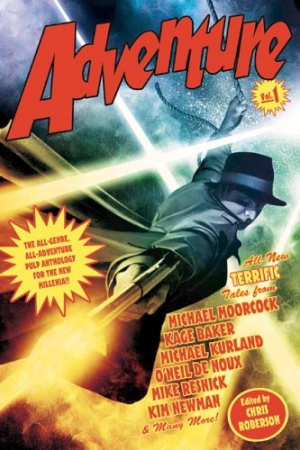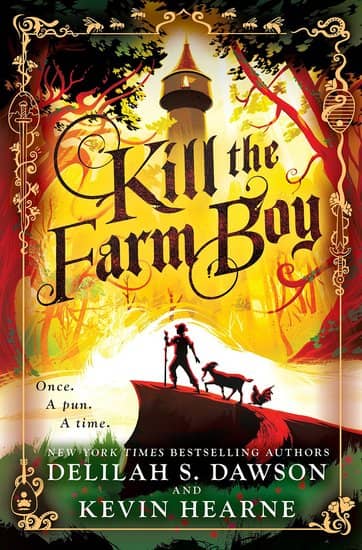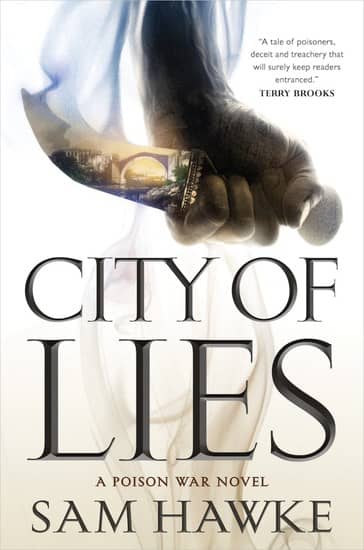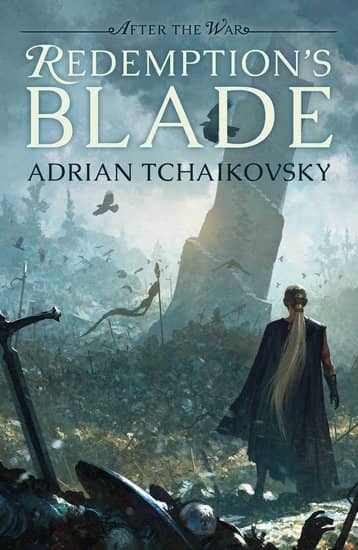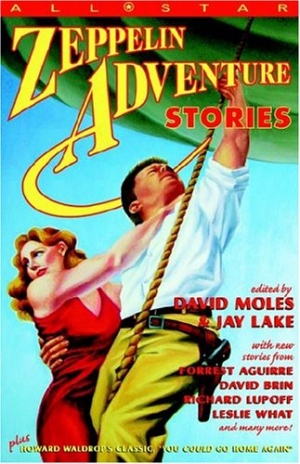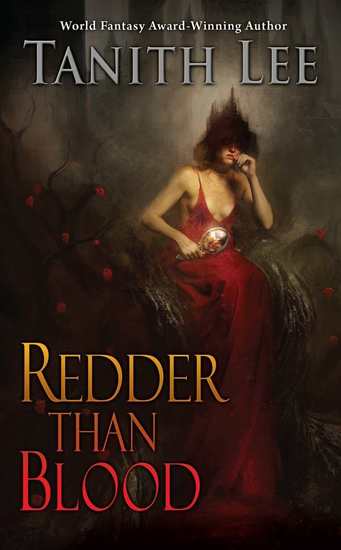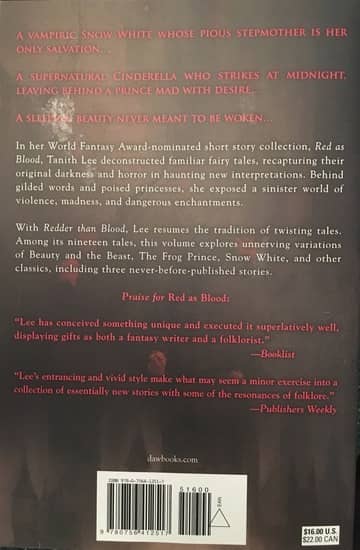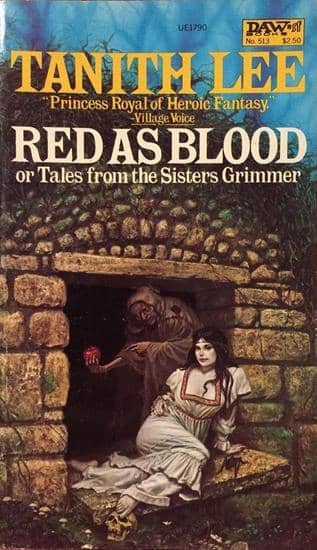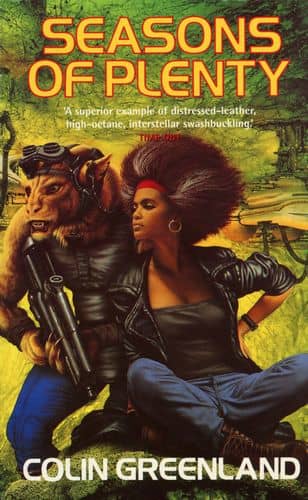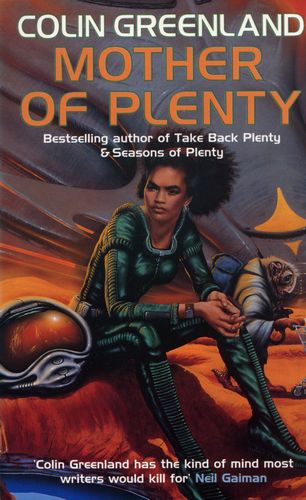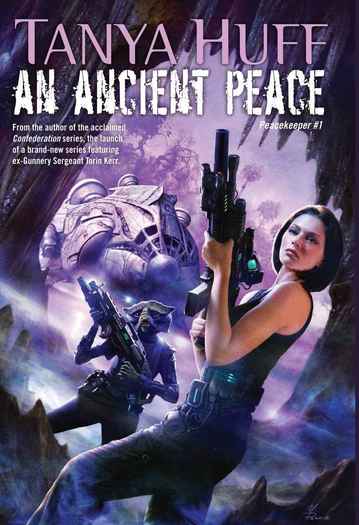Into the Night: She Is the Darkness by Glen Cook Part 2
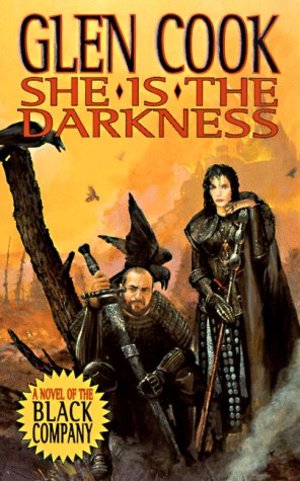 I think this reread of She Is the Darkness (1997) took me so long because I subconsciously remembered how disappointing it is. The first half (reviewed last week), despite a bunch of problems, is all right because of Cook’s usual talent at creating cool characters and sticking them into tough situations. It also had some epic battle scenes. As the Black Company inched its way toward the Shadowmaster’s fortress, the good managed to outweigh the bad. This was not the case for the book’s second half, despite some crowning moments of awesome. Not at all.
I think this reread of She Is the Darkness (1997) took me so long because I subconsciously remembered how disappointing it is. The first half (reviewed last week), despite a bunch of problems, is all right because of Cook’s usual talent at creating cool characters and sticking them into tough situations. It also had some epic battle scenes. As the Black Company inched its way toward the Shadowmaster’s fortress, the good managed to outweigh the bad. This was not the case for the book’s second half, despite some crowning moments of awesome. Not at all.
We left off last week’s post with the siege of Overlook about to begin. The Taglian legions raised and trained by Croaker and Lady invest the fortress. The great castle eventually falls not to starvation or the walls being thrown down, but to a coup de main. Overlook is so vast and so undermanned that Lady and her most loyal troops were able to secretly bore their way into its foundations and operate from within. After much planning (and magical scouting by Murgen), Lady is able to capture Longshadow.
Back in Taglios the Prince’s sister, the Radisha Drah, starts hunting down the Black Company’s allies. She has always feared the Company; now that Longshadow is defeated the time is ripe for its destruction. Having assumed a betrayal would come (as it always does for them), Croaker has readied the Company for the for the final trek to Khatovar.
The road to Khatovar lies to the south of Overlook, through something called the Shadowgate. From the gate come the shadows — deadly spectral things Longshadow and the Shadowmasters could control to a certain extent. Beyond the gate lies a great barren circular plain. From the gates (turns out there are more than one) are roads leading to the plain’s center, like the spokes of a wheel. And there stands a ruined fortress even greater than Overlook. Its inner courtyard measures nearly a mile across.
Certain the answer to where or what Khatovar is lies within, Croaker leads the core of the Black Company, along with its most important prisoners, — Longshadow, Howler, and Soulcatcher — into the ruins. But instead of answers, what lies behind the broken walls is a devastating trap. The book ends with the most important military commanders and veterans of the Black Company in stasis, and Soulcatcher racing back to Taglios in order to unveil some yet-undescribed scheme.
